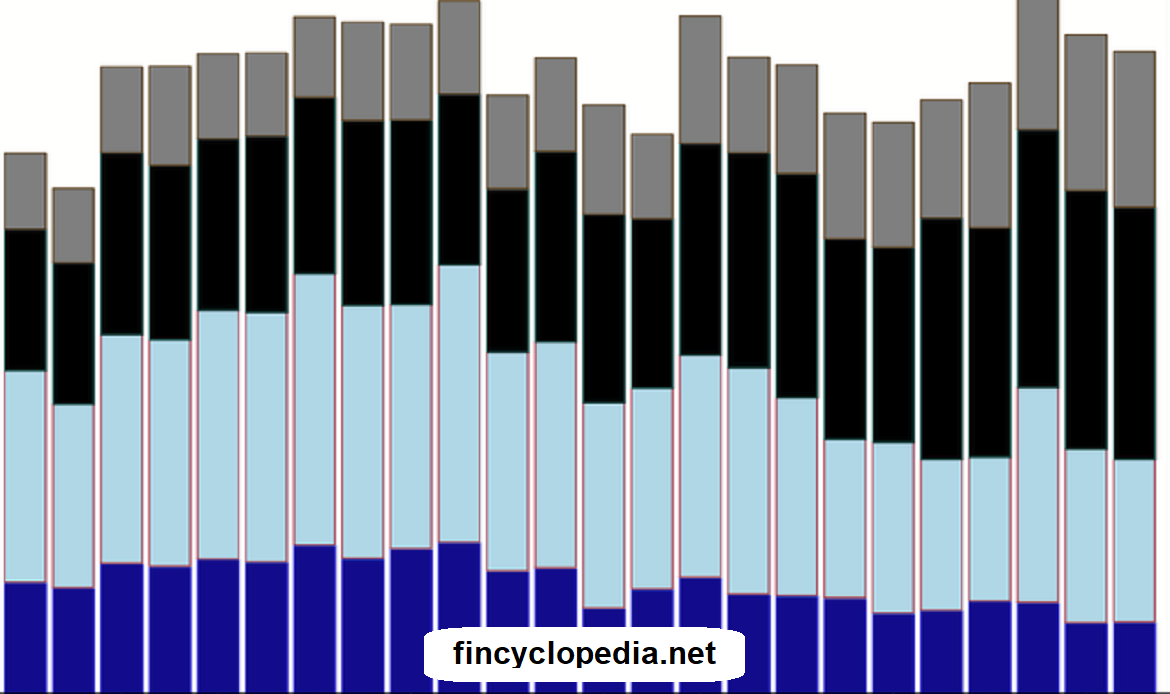A promise to pay which is established when the drawee of a time draft (bill of exchange) adds the word “accepted” along with his signature and a specified date of payment. The drawee, then, becomes the acceptor, obliged to pay the amount of the draft at maturity. As such, the draft becomes equivalent to a promissory note. The holder of an acceptance can sell it before maturity (therefore, it is a negotiable instrument).
In banking, an acceptance is a time draft endorsed by a bank, and thus is known as a banker’s acceptance. This instrument is used principally in financing international trade. For example, a bank can accept to honor the obligations (known as acceptance liabilities) of a local importer towards a foreign manufacturer, with the obligations being the price of specific goods.
An acceptance may also refer to paper issued and sold by companies which finance sales such as the sale of vehicles (e.g. General Motors Acceptance Corporation).





